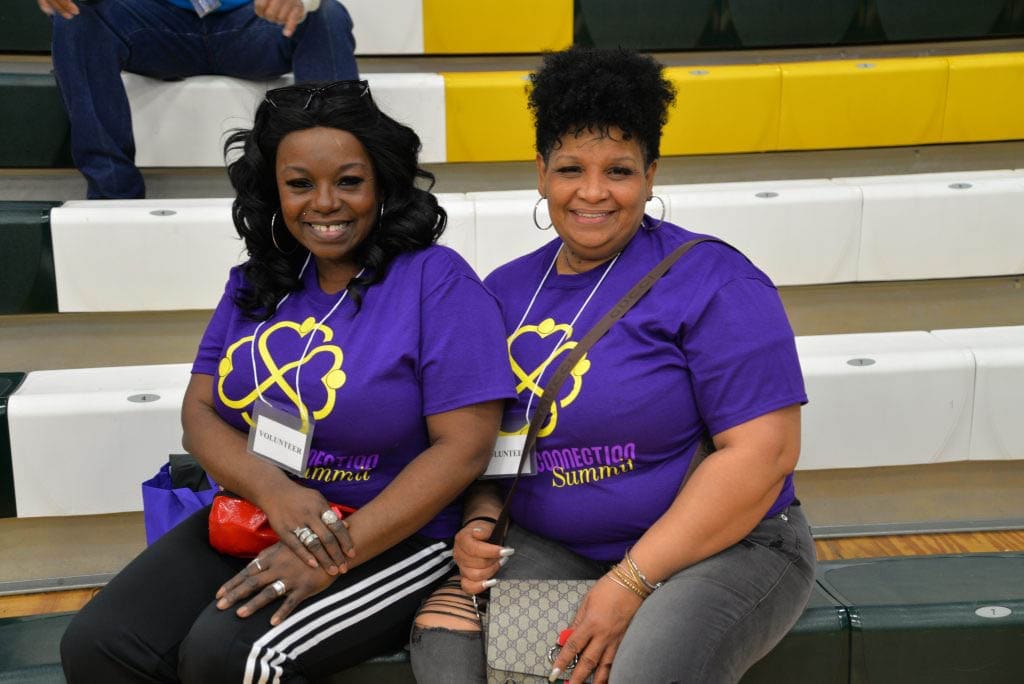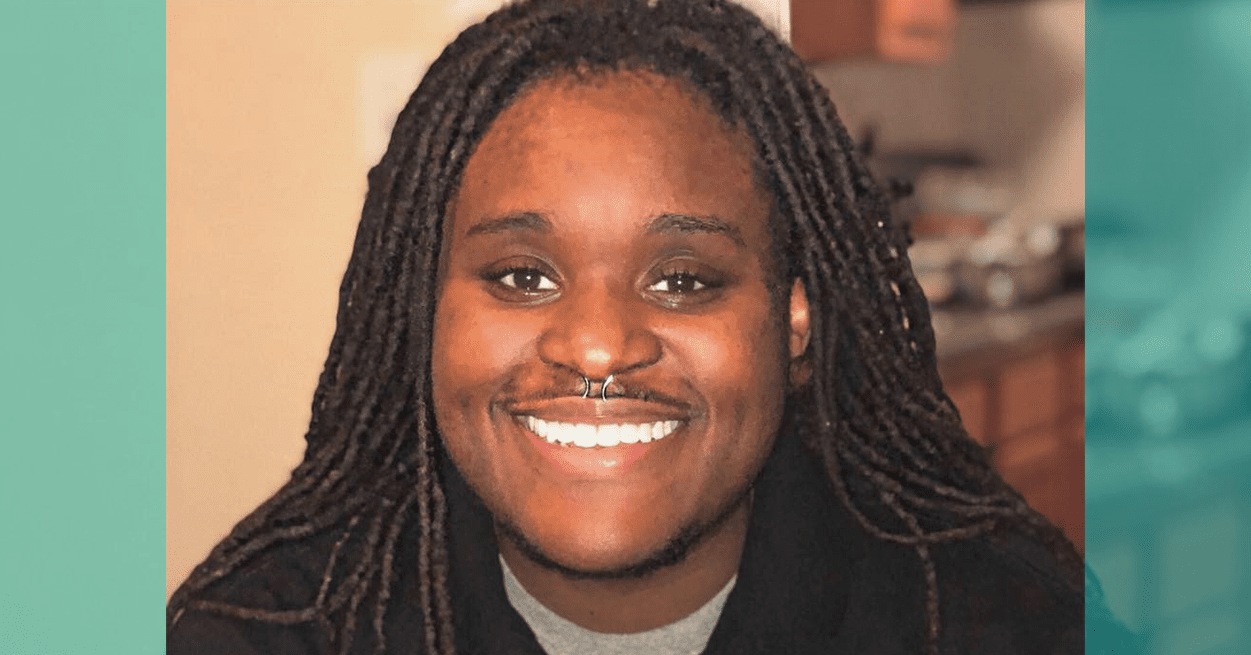By Bailey Williams
Imagine: you have been recently living at Cook County Jail, one of the epicenters for the new coronavirus (COVID-19). Despite still having time left in your sentence, you are notified you’ll be one of the hundreds of people released to decrease crowding in the jail.
Despite the jail‘s efforts to curb the spread of COVID-19, as of May 4, more than 500 detainees and 350 correctional officers and employees have tested positive for COVID-19 since the onset of the outbreak. You’ve witnessed the situation escalate before your eyes at a time with diminished social support tied to the jail’s new restrictions limiting outside visitors to clergy and attorneys. Although you’ve grown to fear catching the new coronavirus, you also fear being suddenly thrown into a new environment years after you left it.
Upon release, you receive $10 and your medicine but no masks or vital resources to navigate a changed society shaped by COVID-19. You feel anxious and cannot figure out: How will you feed yourself? Can this $10 last until you find employment? Will you be able to find employment given the coverage of the jail and limited resources? Where can you reside? How can you shelter in place, if you don’t have anywhere safe to go?
Even before COVID-19, people recently released from jail or prison faced economic and social challenges as they re-entered their communities. Those obstacles are compounded if you are also a person living with HIV who needs to maintain a treatment plan. That’s why AIDS Foundation Chicago (AFC) and our partners have stepped up to support previously incarcerated people living with HIV, connecting them to vital services including housing, employment and mental health care upon release.
These services ensure people living with HIV stay connected to care and maintain an undetectable viral load, which helps people live healthier lives and reduce HIV transmissions in their communities. A 2010 study found that this support, funded by the Illinois Department of Public Health (IDPH), increased positive health outcomes, decreased death rates and reduced the likelihood that clients returned to jail or prison.
AFC’s corrections case management program continues in the thick of COVID-19, but now is serving double duty: facilitating positive health outcomes of recently released people living with HIV and giving people resources to shelter in place during the COVID-19 pandemic.
“It’s easy to practice social distancing when you have resources,” said Dr. Cynthia Tucker, AFC’s Vice President of Prevention and Community Partnerships. “When you’re resource-poor, it’s not.”
AFC locates and houses five recently released individuals amid COVID-19
AFC’s corrections team is made up of seven case managers who work at the partner agencies Agape Missions, Austin Health Center, CORE Center, Haymarket Center, South Side Help Center and Transforming Reentry Services/MWIPM. Though small, the team managed a caseload of 175 clients prior to the outbreak. Most of the clients are Black men, though the program also serves cisgender and transgender women.

In response to COVID-19, AFC’s corrections program is increasing its caseload as more people are released from Cook County Jail. Thanks to a partnership with IDPH, AFC receives contact information (though minimal) for people living with HIV who might need reentry support. AFC then attempts to locate and connect those individuals with medical services, housing and food support that enable them to shelter in place, improve their health and reduce HIV transmissions outside of jail.
So far, AFC has received the names of more than 24 recently incarcerated people living with HIV. The team has been working diligently to locate these individuals with minimal contact information. Fortunately, some of that detective work has already paid off. Five recently released people living with HIV have been located, provided food support and housed short-term at a hotel.
AFC and our partners help recently released people living with HIV shelter in place at a time when new housing barriers prevent them from doing so. Due in part to the recent coverage of how the new coronavirus is impacting the jail, some recently incarcerated individuals are returning to families that are scared to take them in, leaving them without a place to stay.
Cynthia reported that many clients indicated that because of news reports, families are more reluctant to take clients into their homes “because (they) think you have COVID-19 and might (impact) the entire household.”
Studies have shown that unstable housing can lead to inconsistent, unregimented health care. By providing housing, medical and food support, AFC and our partners help people living with HIV not only shelter in place but also maintain their overall health, treatment plans and an undetectable viral load.
AFC clients face additional challenges during COVID-19 pandemic
Despite AFC’s housing, food and medical support, clients in AFC’s corrections program still face new safety and employment obstacles amid the current public health crisis.
People living with HIV who come out of jail already faced societal stigma, and now with COVID-19, that stigma is compounded, especially for Black men, Cynthia said. Historically, most of AFC’s corrections clients have been Black men.
Because of the racist stereotype that all Black men are inherently threatening, some recently released Black men are afraid to wear the protective masks the Centers for Disease Control and Prevention (CDC) has recommended everyone wear in public settings where social distancing is hard to practice. Some clients fear the mask might make them seem even more threatening, even if it prevents the spread of COVID-19.
Though there are increased job opportunities at Amazon, hardware and grocery stores, some clients are also afraid to go on job interviews. Before COVID-19, AFC’s case managers would accompany clients to interviews to provide support and encouragement. Now, due to social distancing, case managers cannot ensure they attend scheduled meetings.
“Normally, we say that our clients face three main issues: HIV, mental health and substance use,” Cynthia said. “Now with COVID-19, there’s another big challenge.”
AFC remains committed to serving recently released people living with HIV
As COVID-19 continues to wreak havoc on Black communities especially, AFC’s corrections case management team will continue to provide services to people living with HIV as they are released from the jail. Although there is increased remote work, case managers also spend a few days in-person at their agency’s office to meet any referred clients.
Our case managers continue to do everything they can, Cynthia said.
To support AFC’s corrections case management work amid COVID-19, donate today to help meet the increased need for support. If you know someone who is living with HIV and has recently been released from jail, call 1-866-628-6678.
To learn more about AFC’s correction case management program, check out AFC’s blog Stigma: Inside and Out.



